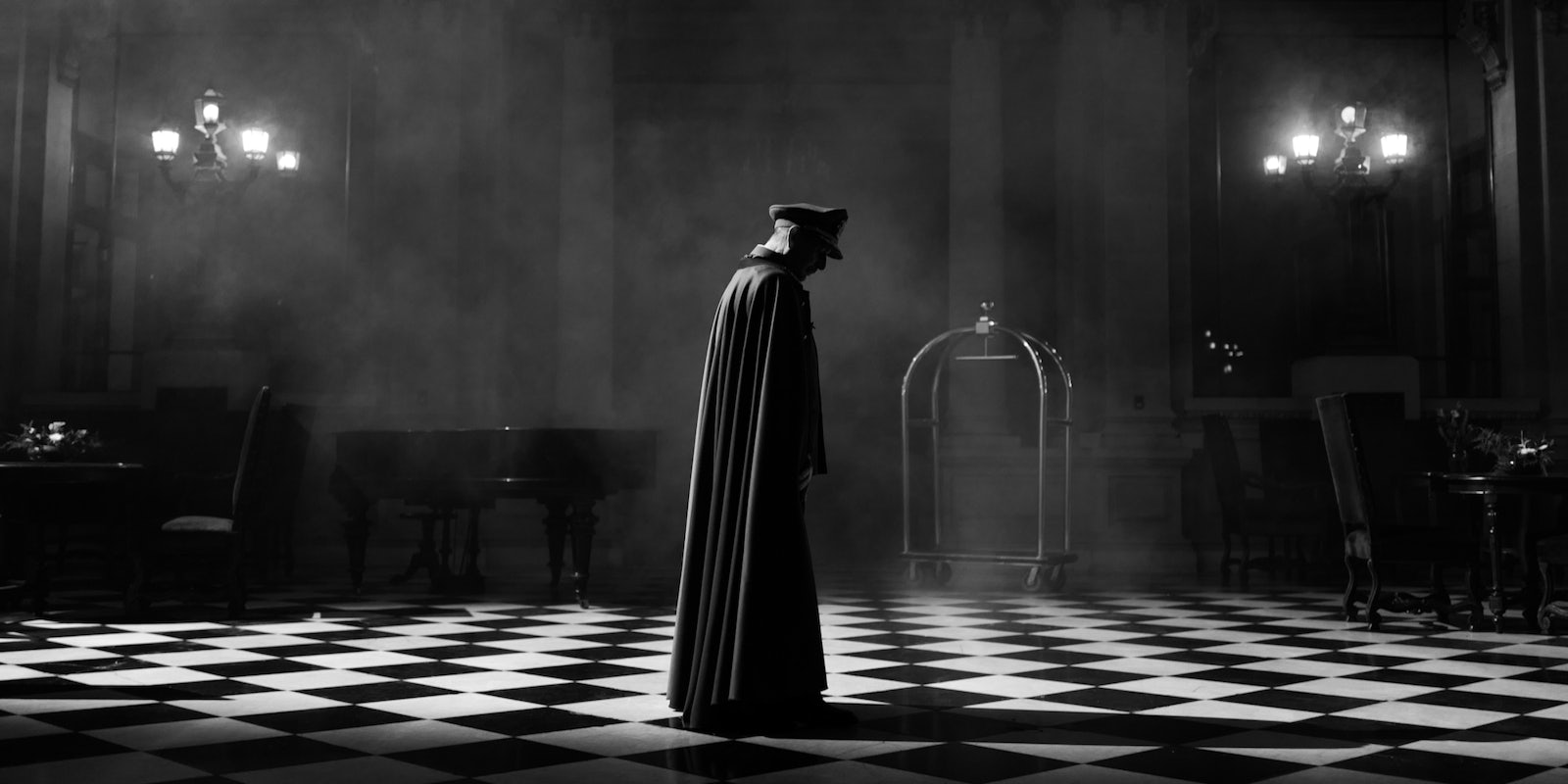Now Streaming is a weekly column that reviews and analyzes the latest streaming content for you and runs on Wednesdays in the Daily Dot’s web_crawlr newsletter. If you want to get this column a day before we publish it, subscribe to web_crawlr, where you’ll get the daily scoop of internet culture delivered straight to your inbox.
Director Pablo Larraín, best known in the U.S. for making stunning mood pieces like Spencer and Jackie, has already made multiple films about Augusto Pinochet’s dictatorship in Chile. But his latest film, El Conde (“The Count”), which is out in select theaters but heading to Netflix on Friday, takes Pinochet head-on in a biting satire as Chile acknowledges the 50th anniversary of Pinochet’s military coup this week.
In Larraín’s film, Pinochet (Jaime Vadall) isn’t simply a dictator. He’s a 250-year-old vampire who’s faked his own death multiple times: First, to get out of Revolutionary France, and later, in the early 2000s, once he faced a slew of charges and became wildly unpopular.
He doesn’t regret any of the murders or torture he’s committed, far from it. But he takes great offense to being called a thief, even if he objectively was a thief. Holed away in the remote, southernmost part of Chile, he prepares to die by refusing to drink any more blood.
His wife Lucía (Gloria Münchmeyer) and his faithful servant Fyodor (Alfredo Castro) are already by his side, but his five grown children flock to his decrepit estate to discover the massive fortune that remained hidden in various secret bank accounts away from prying government eyes. They might not be vampires, but the children are too happy to suck their father dry.
Also heading to Pinochet’s home is Carmencita (Paula Luchsinger), a nun who’s a skilled accountant and wants to exorcise the evil residing in Pinochet. El Conde begins painting a picture of the entire family’s complicity as she questions the children.
Filmed in black-and-white (as opposed to filming in color and changing it during post-production), legendary cinematographer Edward Lachman leans into gothic horror visuals while never shying away from the beauty or absurdity of seeing an elderly vampire’s fluttering cape while hunting for human hearts (which, when consumed, brings youthfulness) through Santiago. But the film’s bigger commentary, whether through Pinochet’s actions (past and present) or a third-act reveal so far out from left field that it might easily become a meme that spreads far beyond the film’s audience.
“I have spent years imagining Pinochet as a vampire, as a being that never stops circulating through history, both in our imagination and nightmares,” Larraín wrote in his director’s statement. “Vampires do not die, they do not disappear, nor do the crimes and thefts of a dictator who never faced true justice.”
Why it matters
We’ve seen more than enough spins on vampires in cinema lately, but this one might be among the more unique. And it’s clear-eyed about the kind of evil that can resurface if a country’s citizens are never allowed proper closure—and perpetrators are left unpunished.


